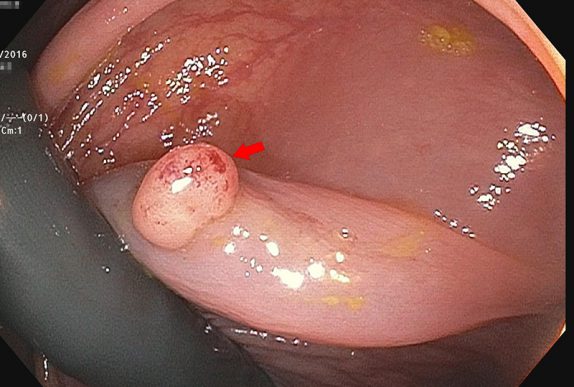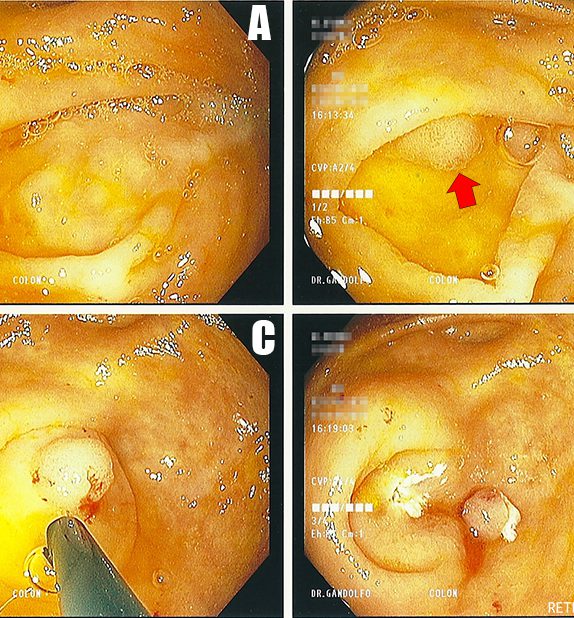How to cheat on the bowel prep for a colonoscopy and still have a successful procedure, written by a gastroenterologist.
Should retroflexion in the right colon become a routine part of screening colonoscopy? Let's frame this question with the following facts: Colonoscopy is less-protective against right-sided cancers (which implies that colonoscopy is less-effective at finding or removing right-sided polyps...
I thought it would be a good time to show a real-life example of colorectal cancer prevention in action. Let's pretend that you are a friendly neighborhood gastroenterologist, just minding your own business and doing a screening colonoscopy on a patient.
Clearly, the screening guidelines recommend repeating a negative colonoscopy in ten years. Now what if I told you that many (if not most) practicing gastroenterologists recommend repeating the test in five years, not ten?
Here in Long Island, NY where I practice, it seems to be the norm to have a precolonoscopy visit. This visit serves several important purposes in my mind: I can meet the patient, take a history, and make sure they actually need a screening colonoscopy. I can answer all of the above questions in more detail than the primary doctor can. I also get to give them my basic talk about the purpose of a colonoscopy, how and why we remove polyps, the importance of good bowel prep and how to do it, and the small associated risks of a colonoscopy. We can talk about what to do with medications, and where to arrive on the day of the test, and parking, and all those seemingly small details that can make a patient stressed-out about the test for no good reason.
The adenoma detection rate (ADR) is currently the best "report card" for colonoscopy performance available. All doctors that perform colonoscopy are not equally good at it. All endoscopists should be measuring their own individual ADR, and working to push that number higher and higher.
I must inform you that this is the end of the line. To a gastroenterologist, seeing these images during a colonoscopy signifies that the end of the colon has been reached. The more challenging portion of the procedure is over, and now the withdrawal phase begins, where the scope is slowly and methodically pulled back and … Read more






